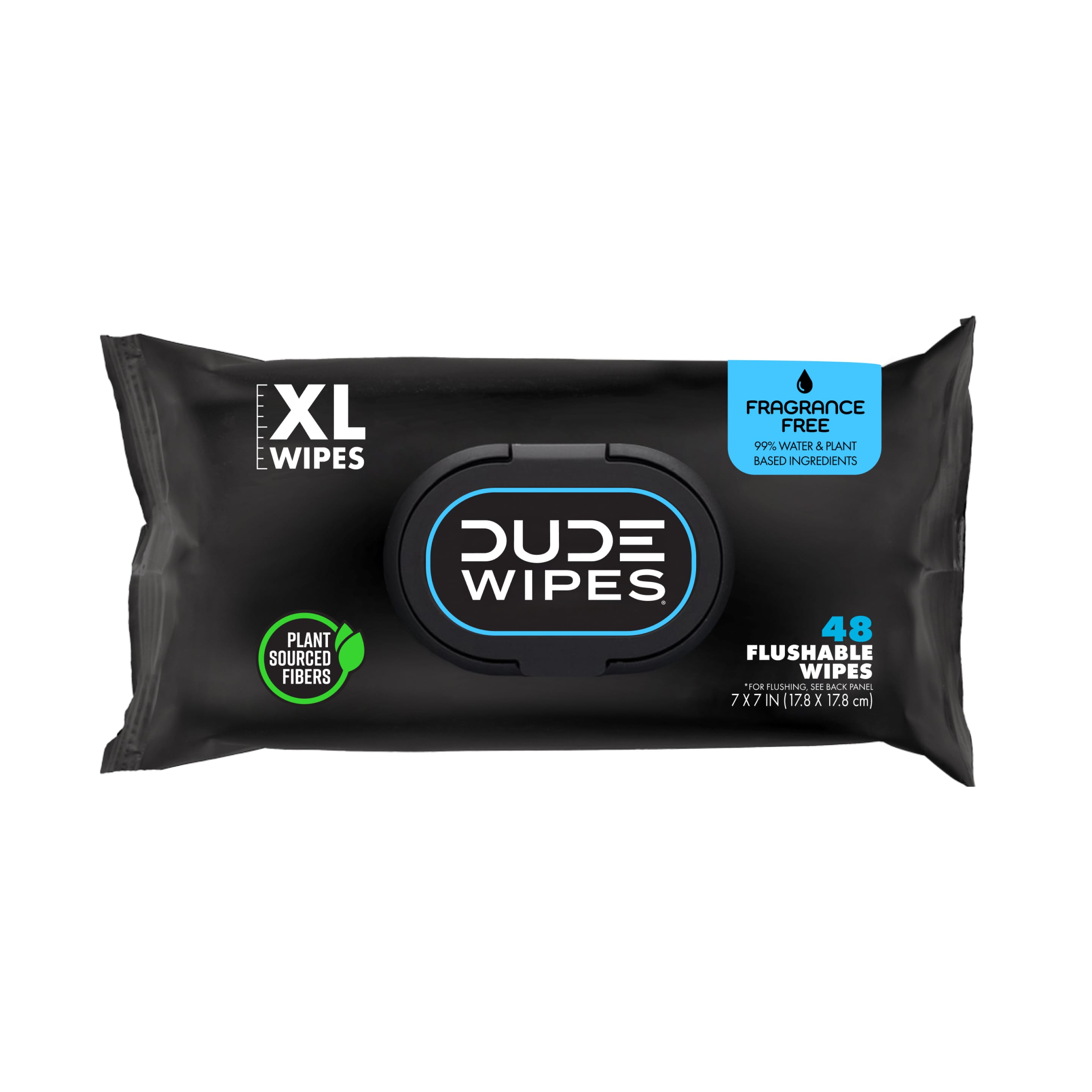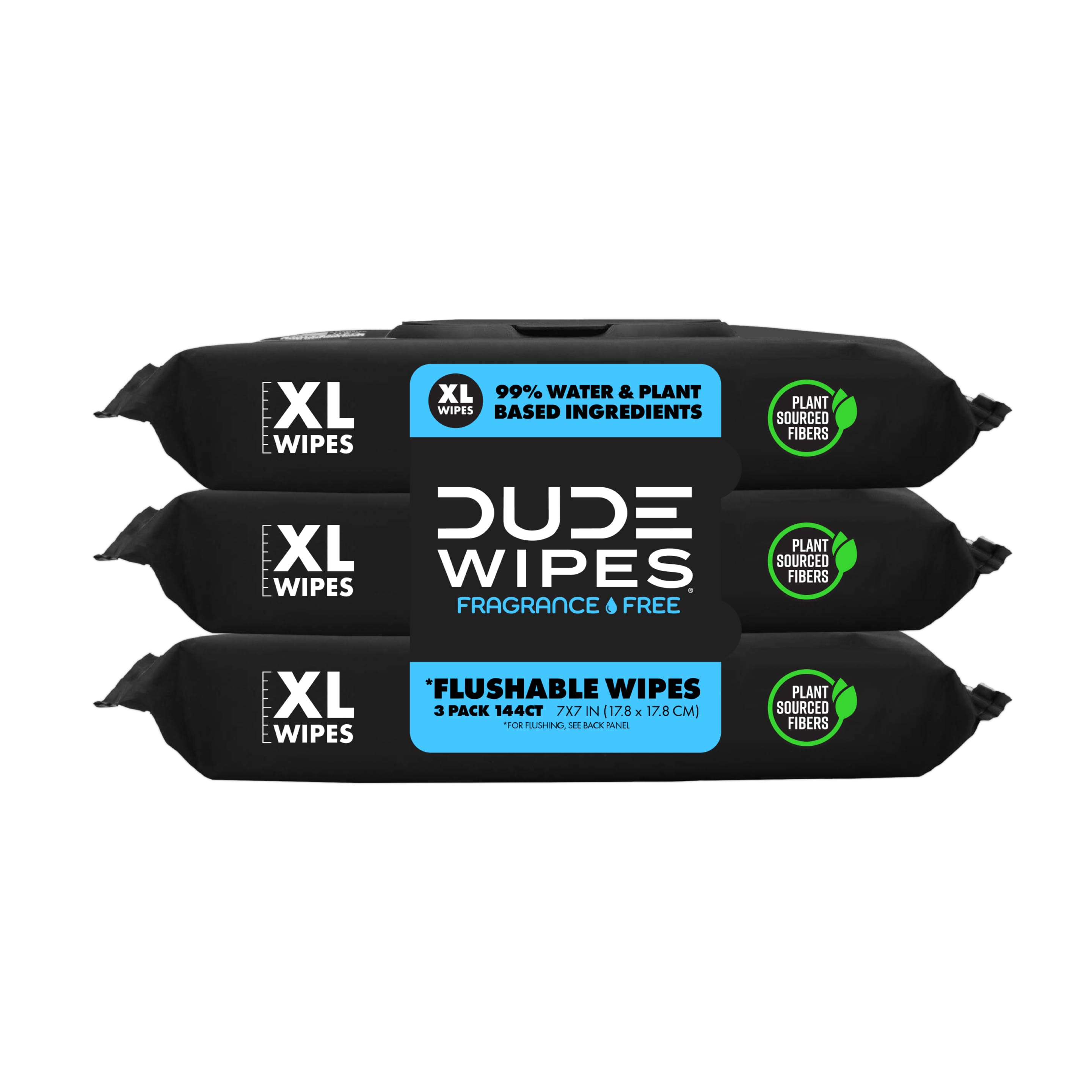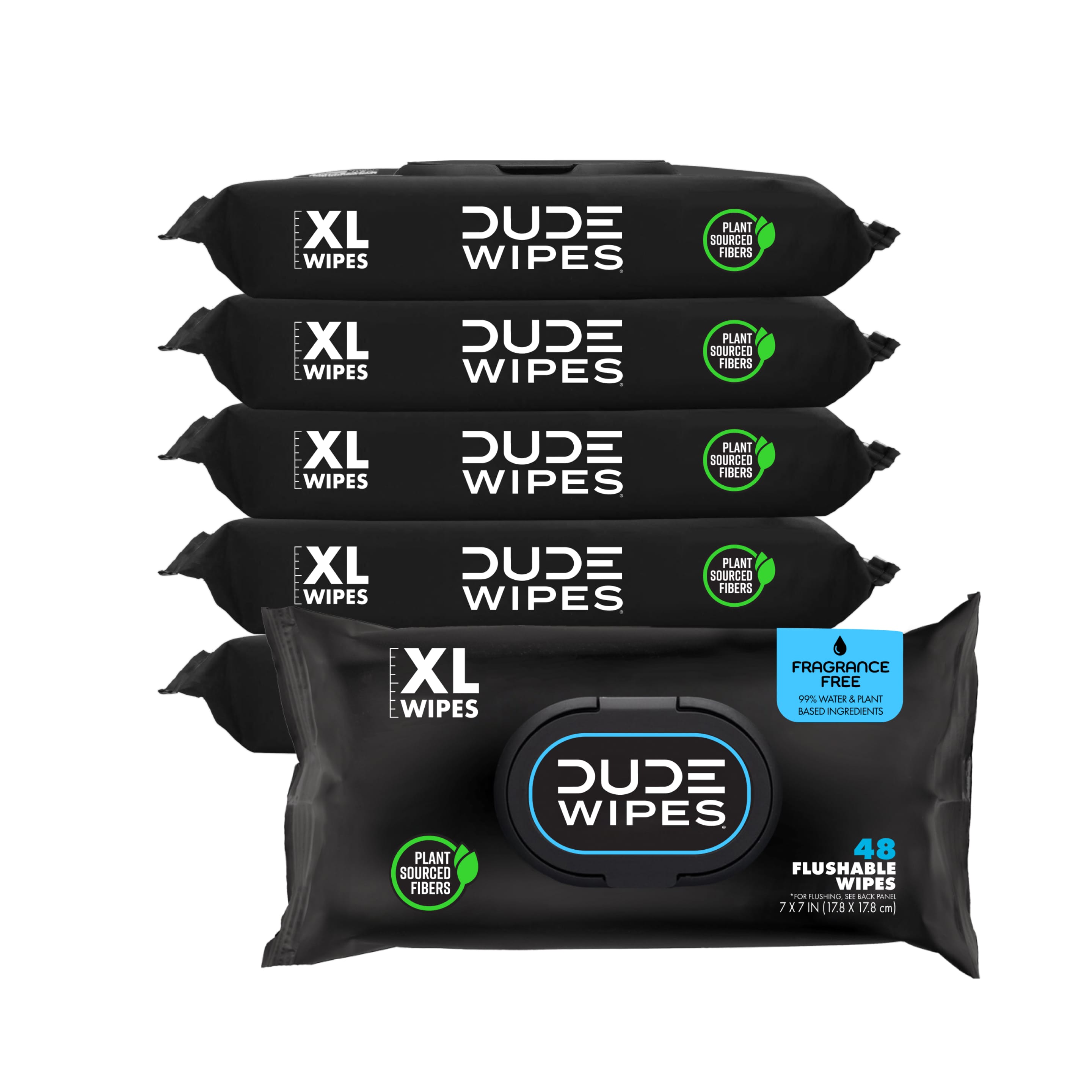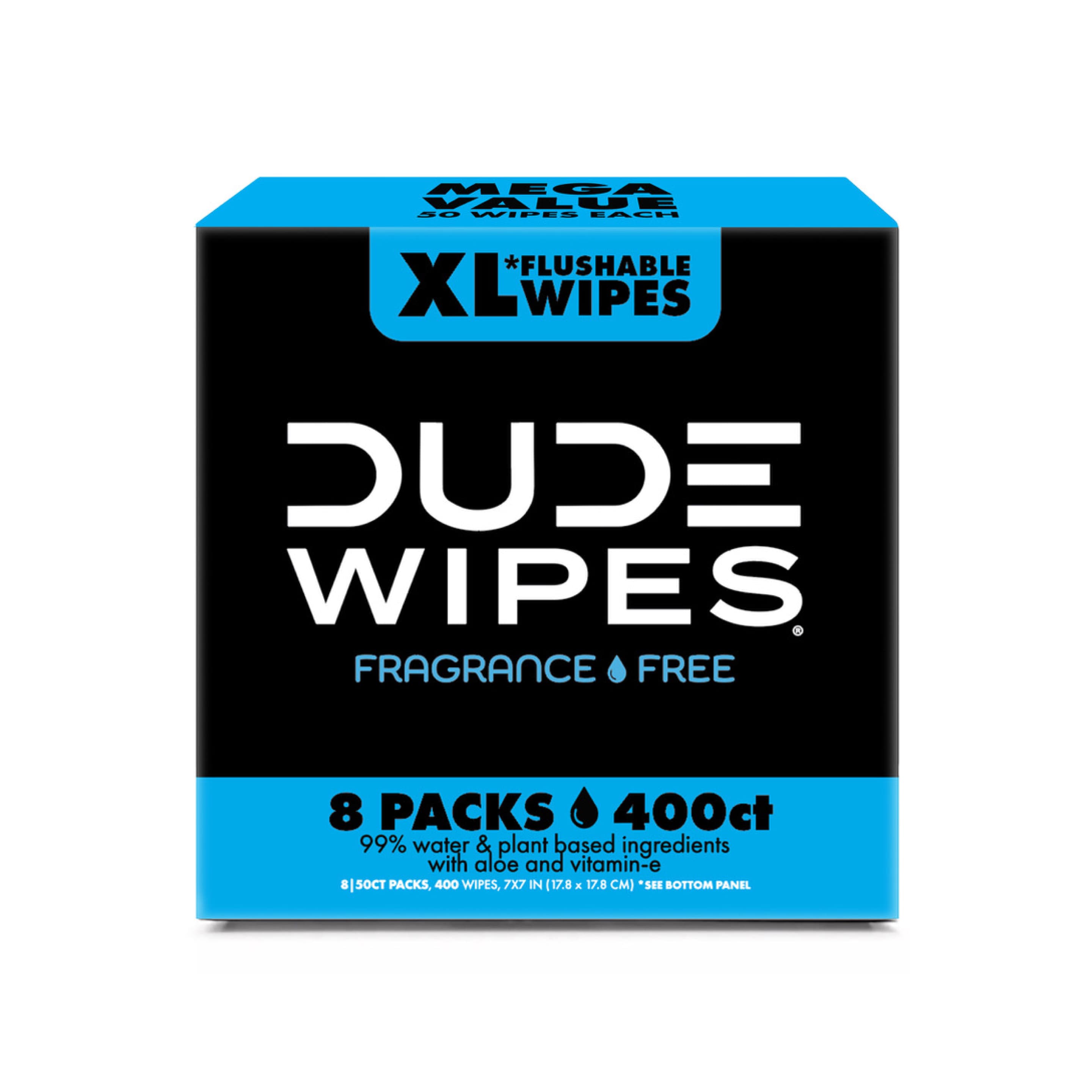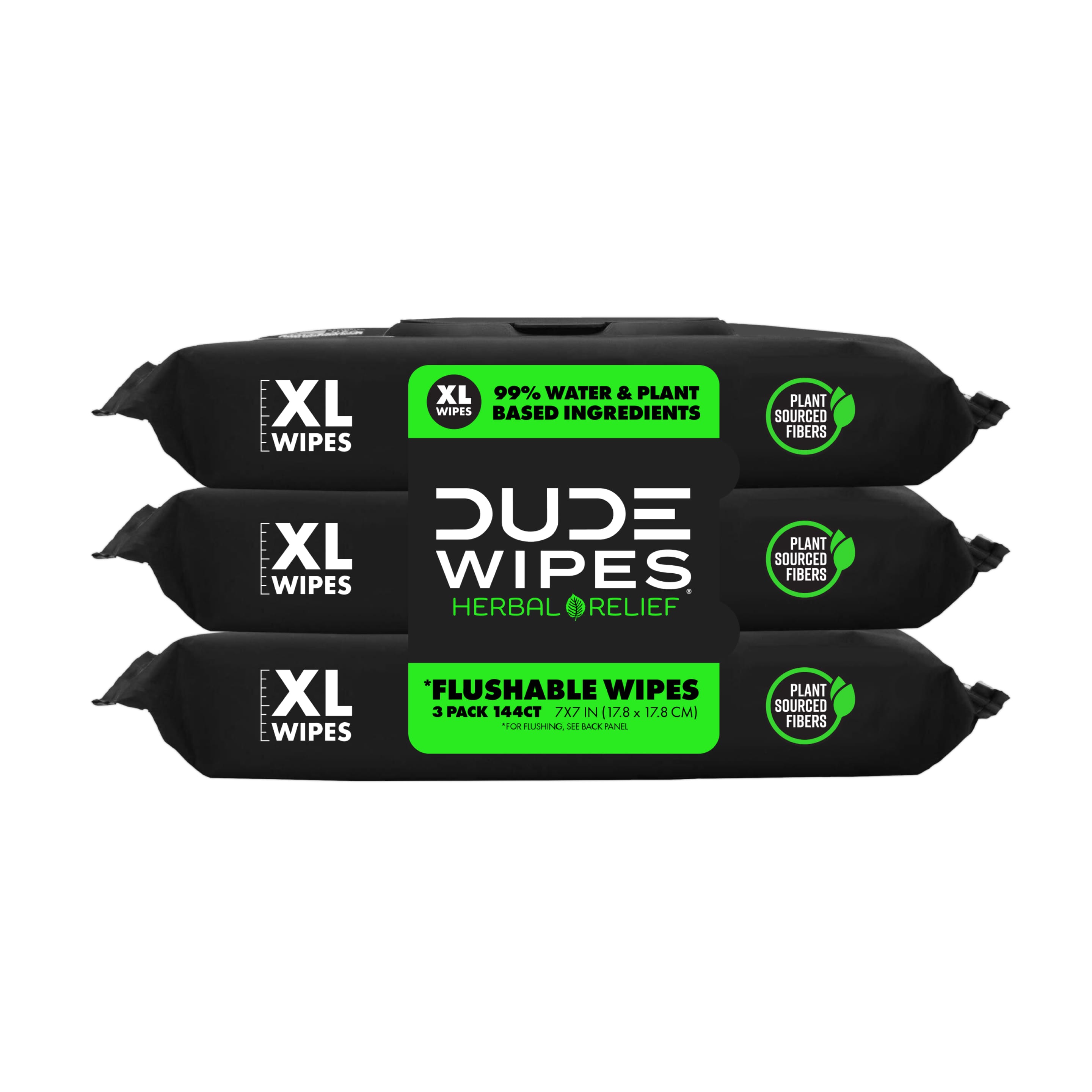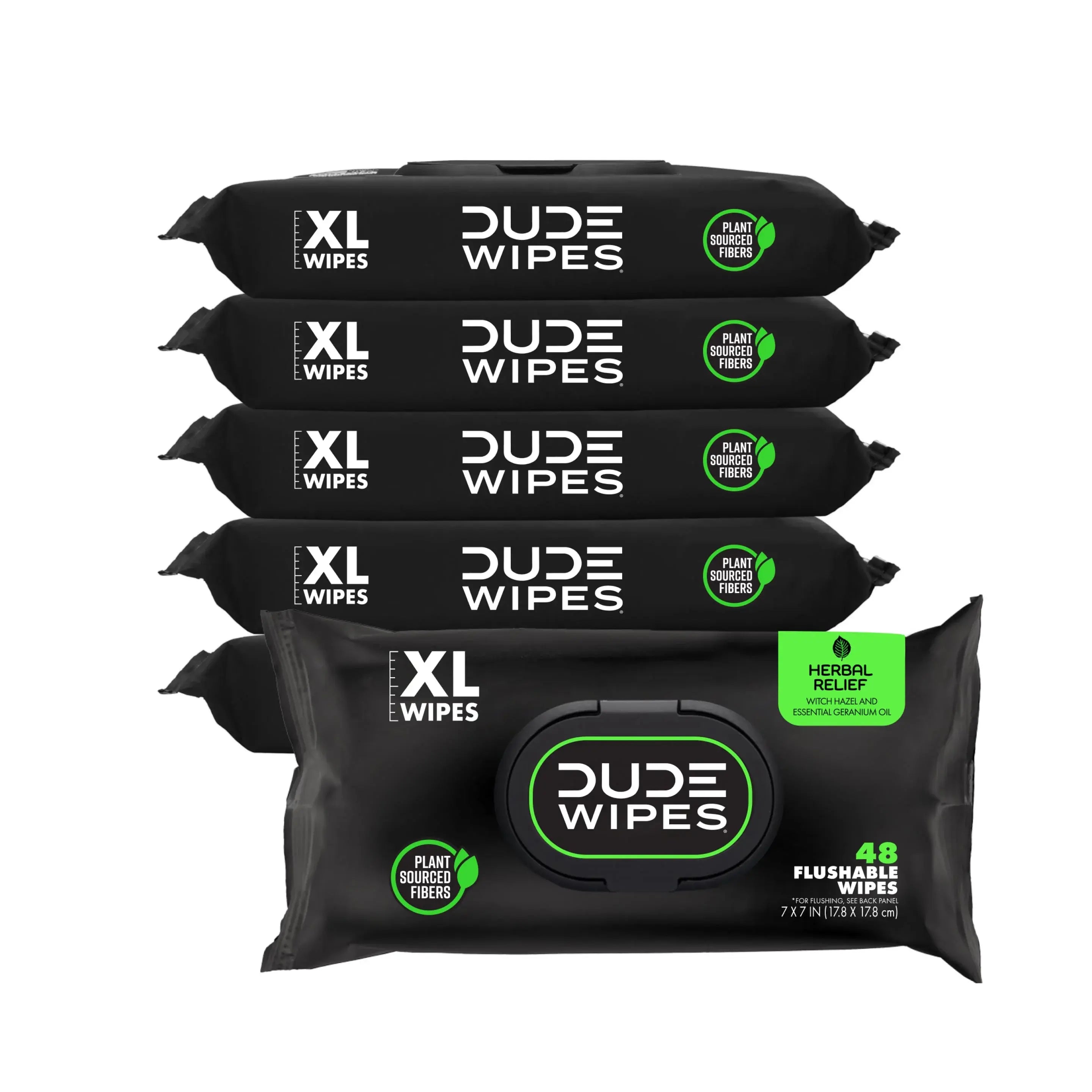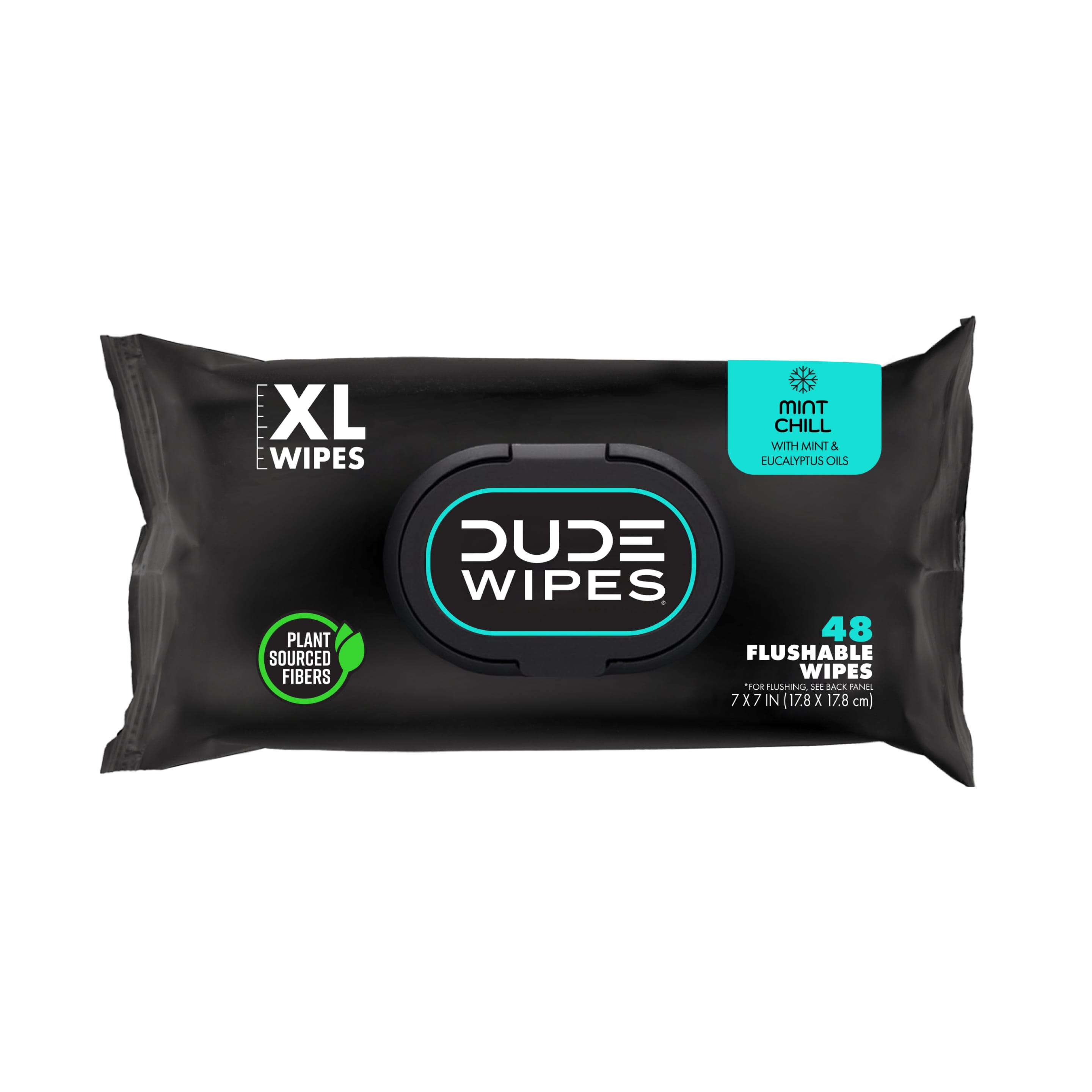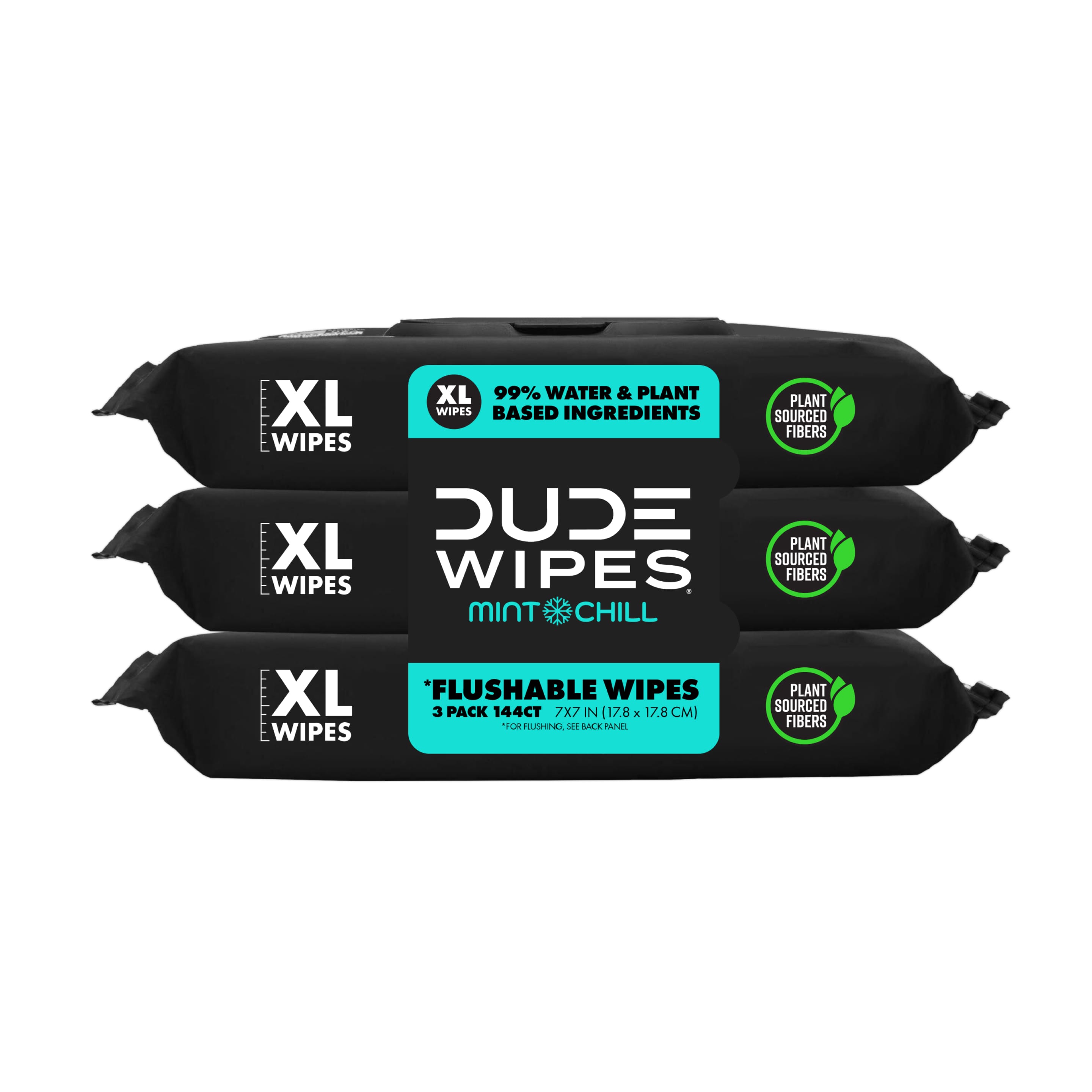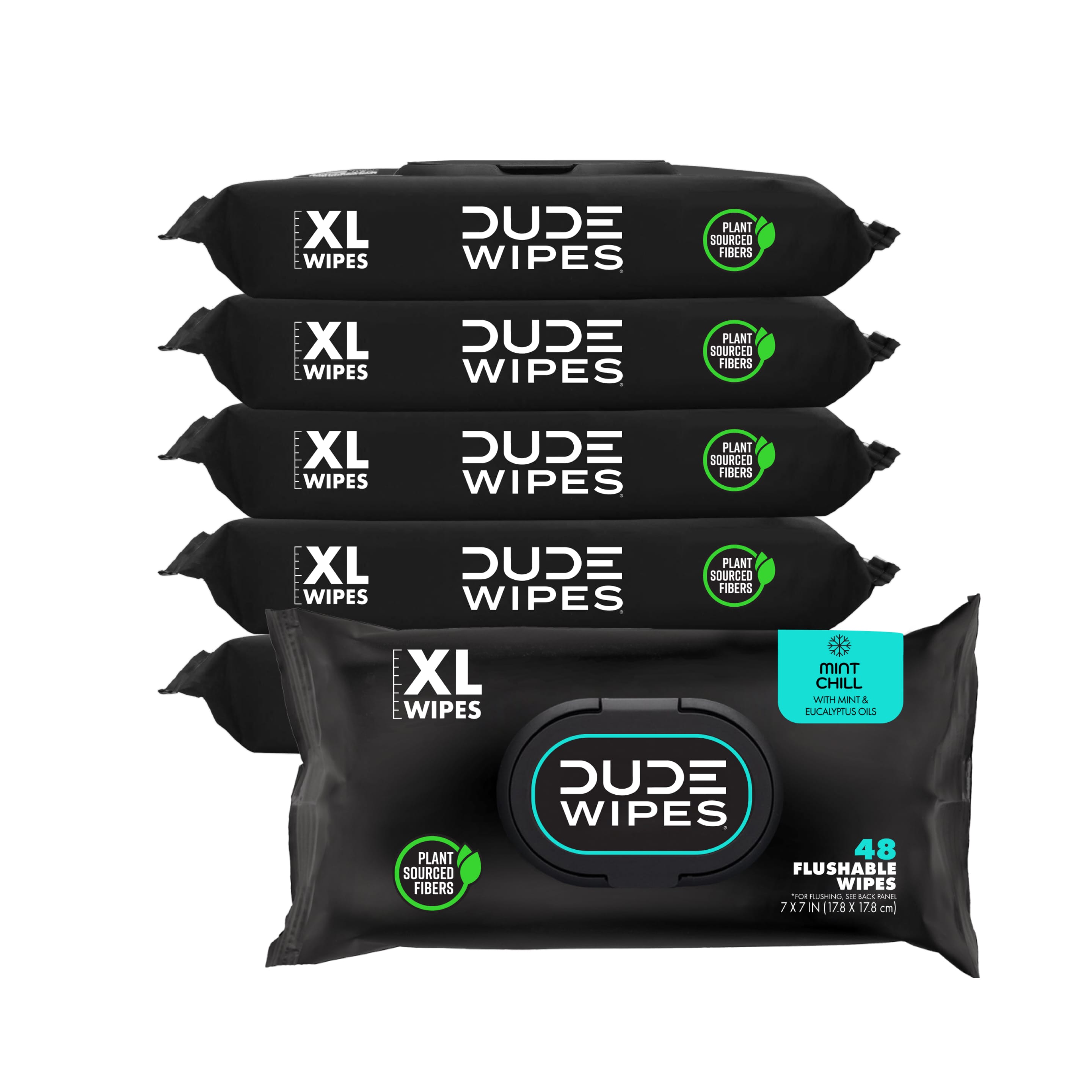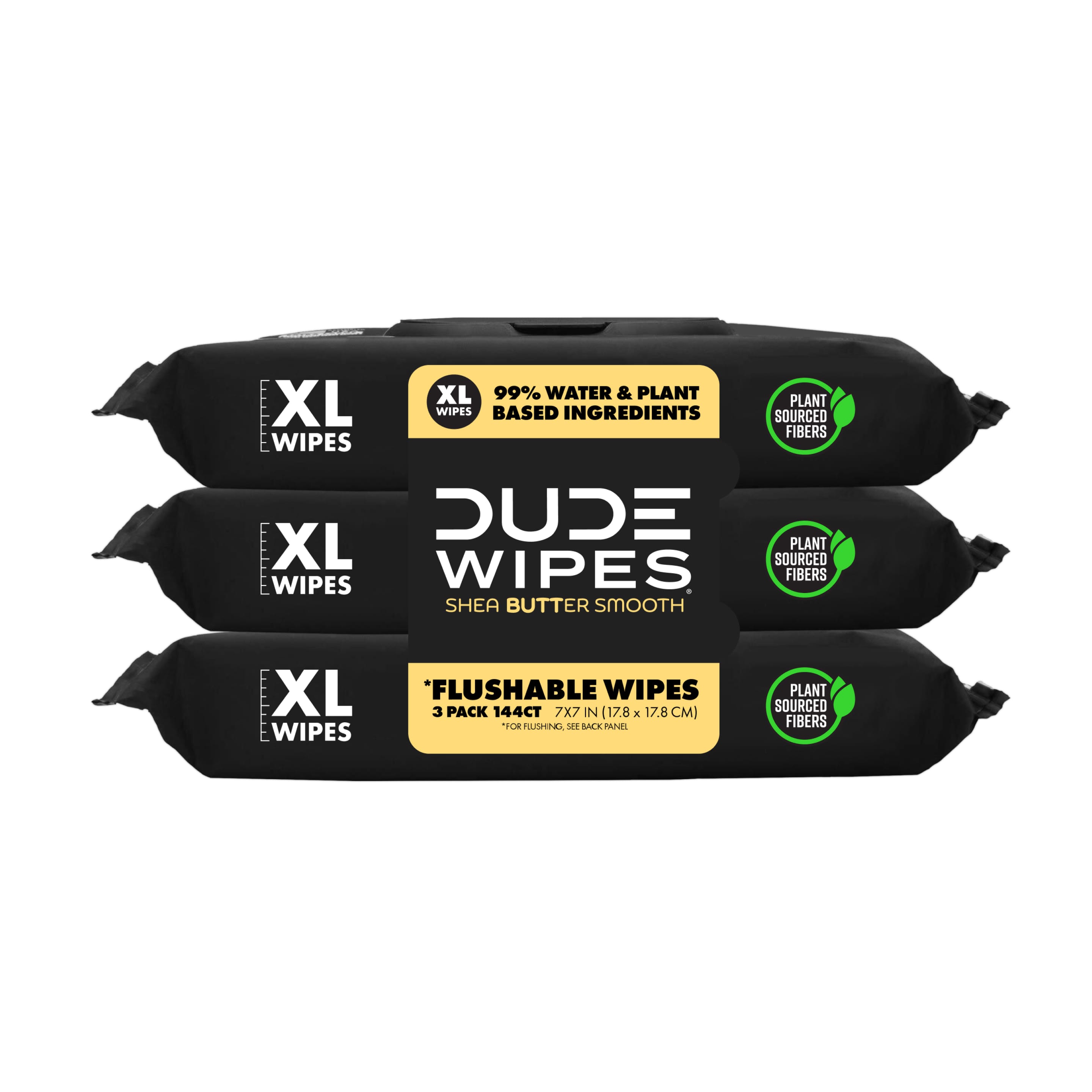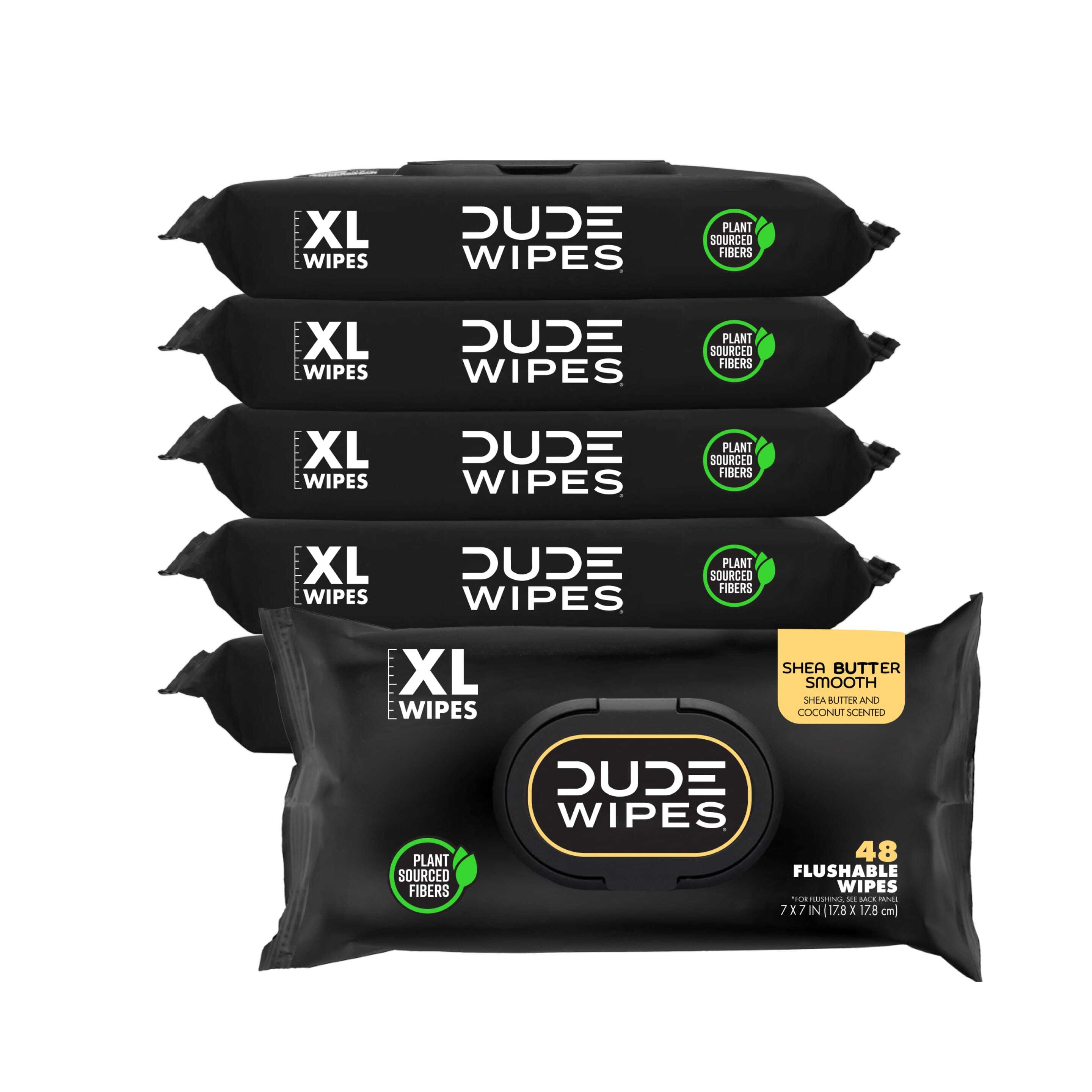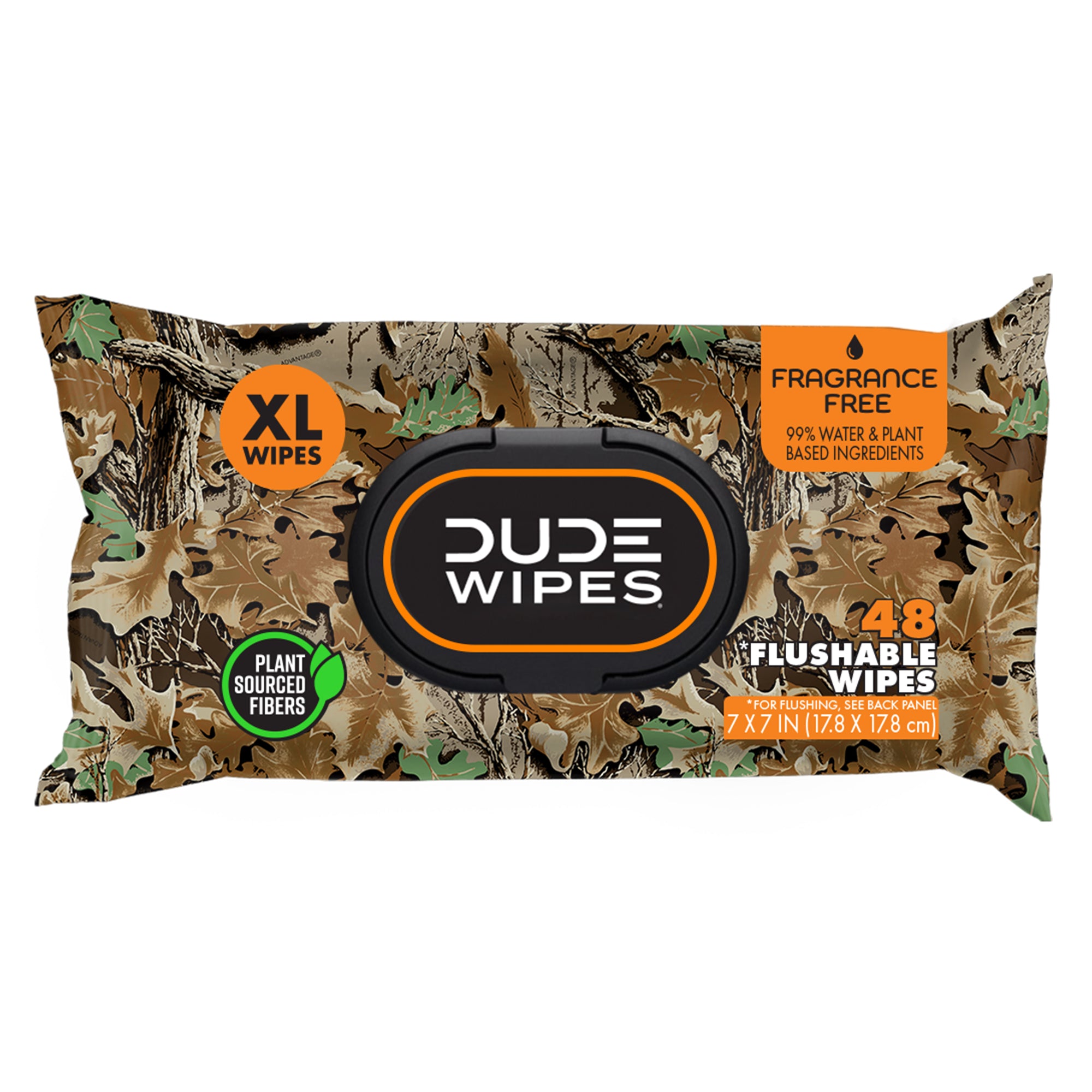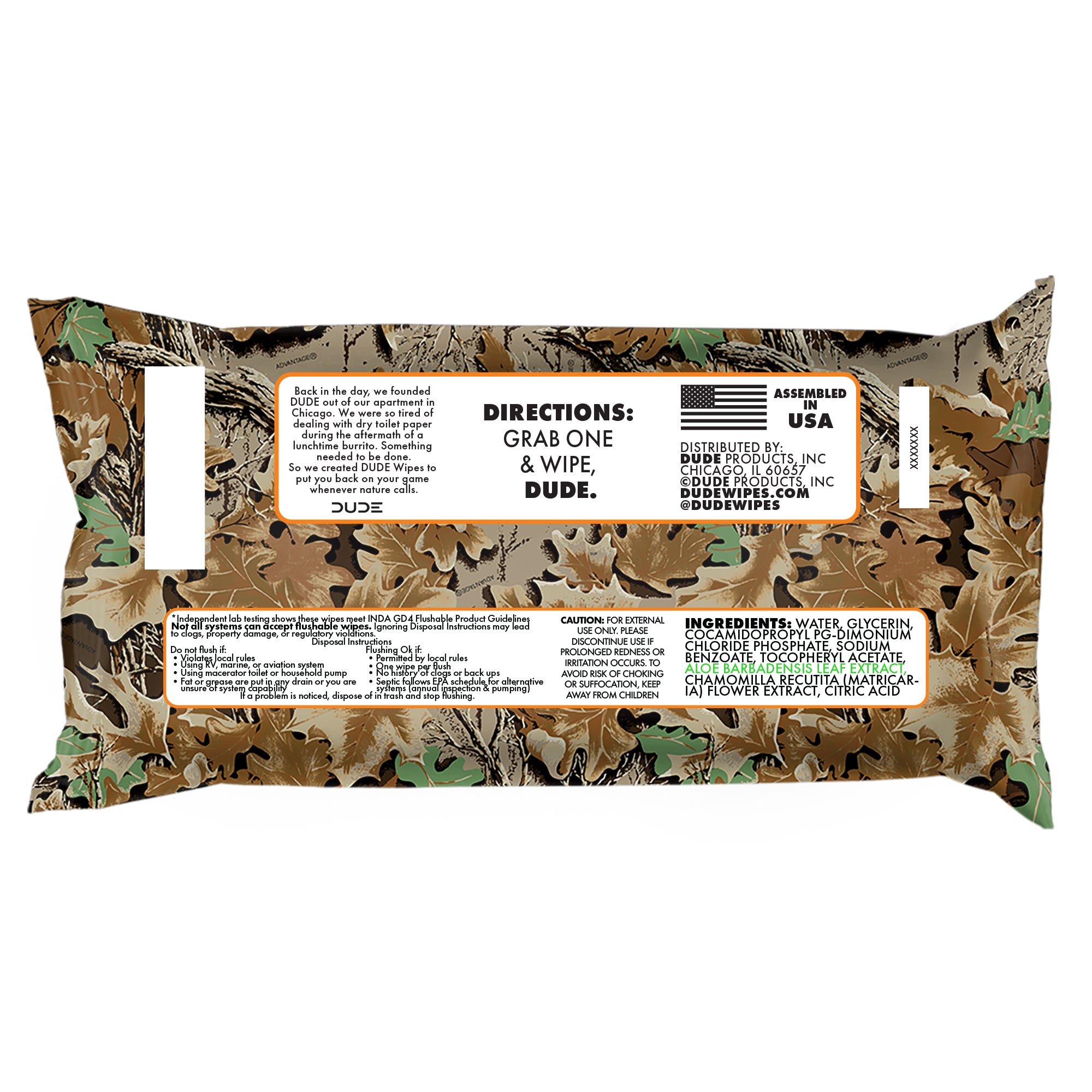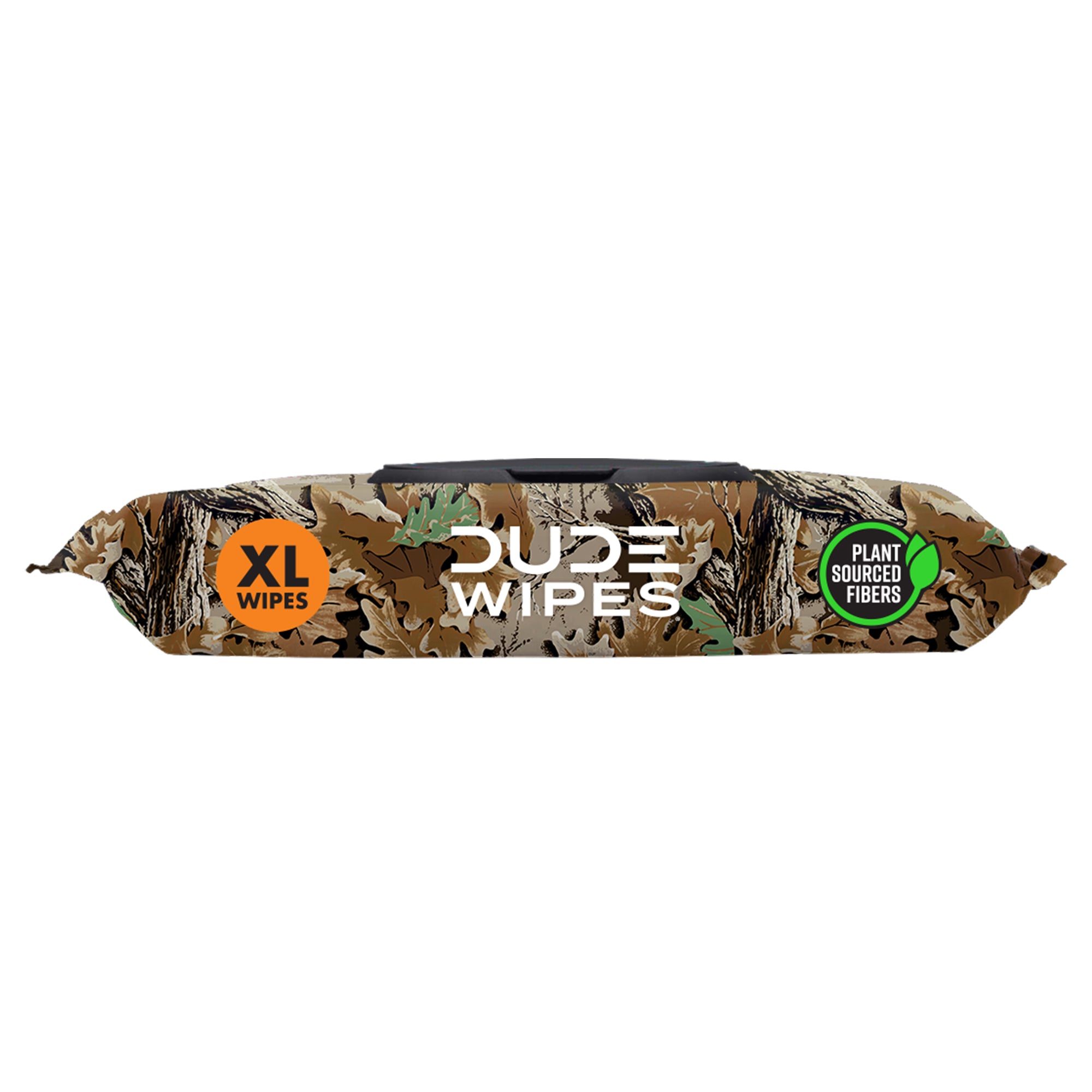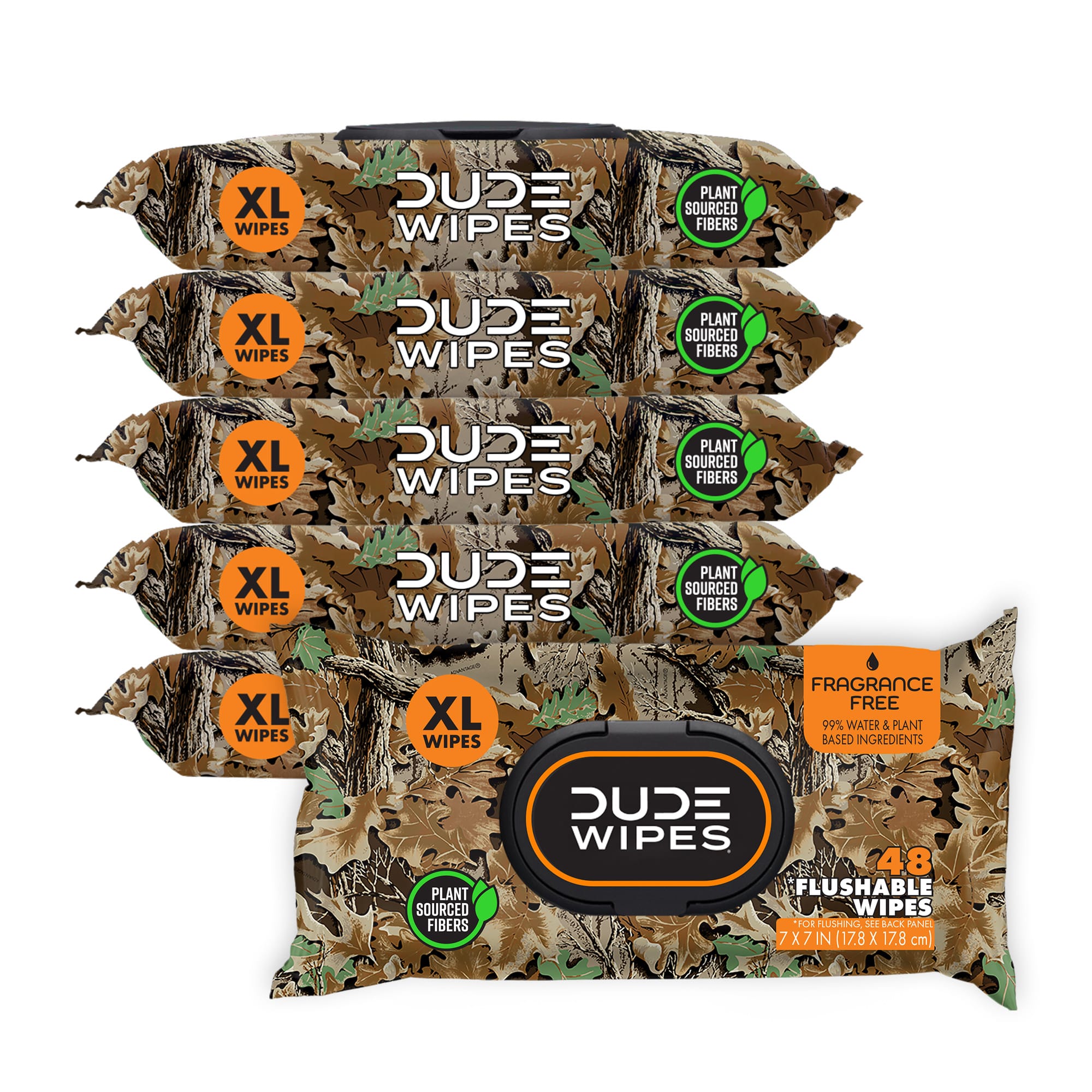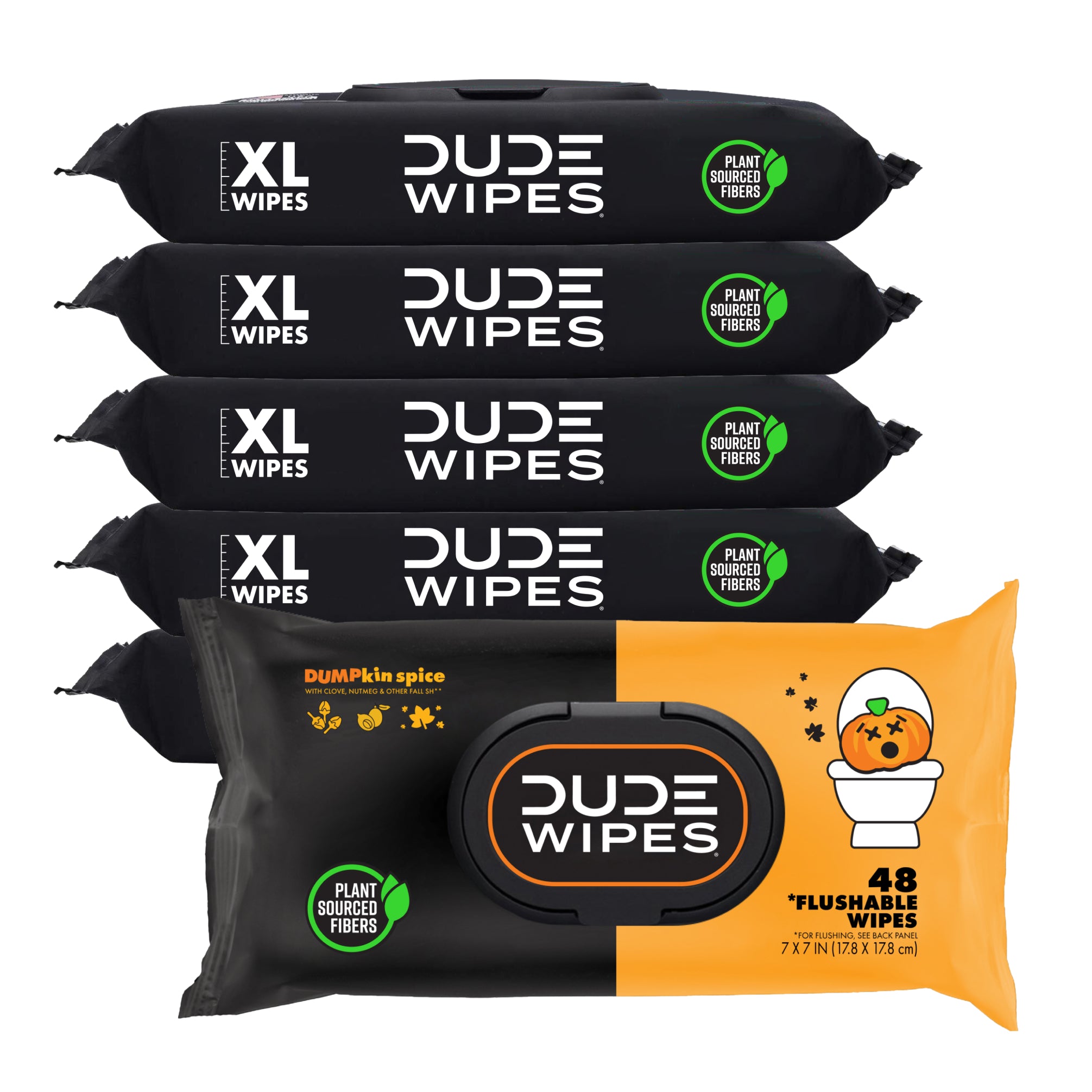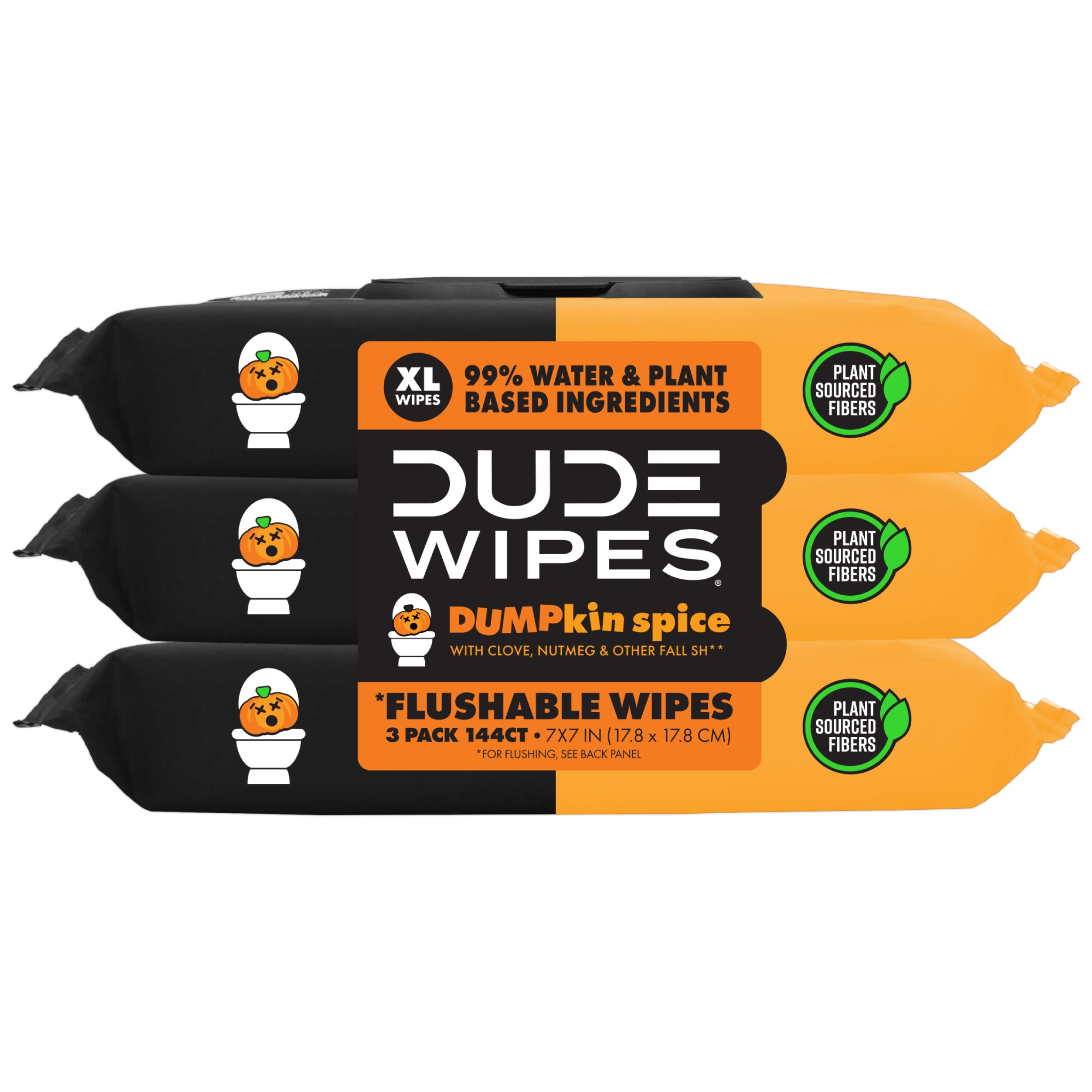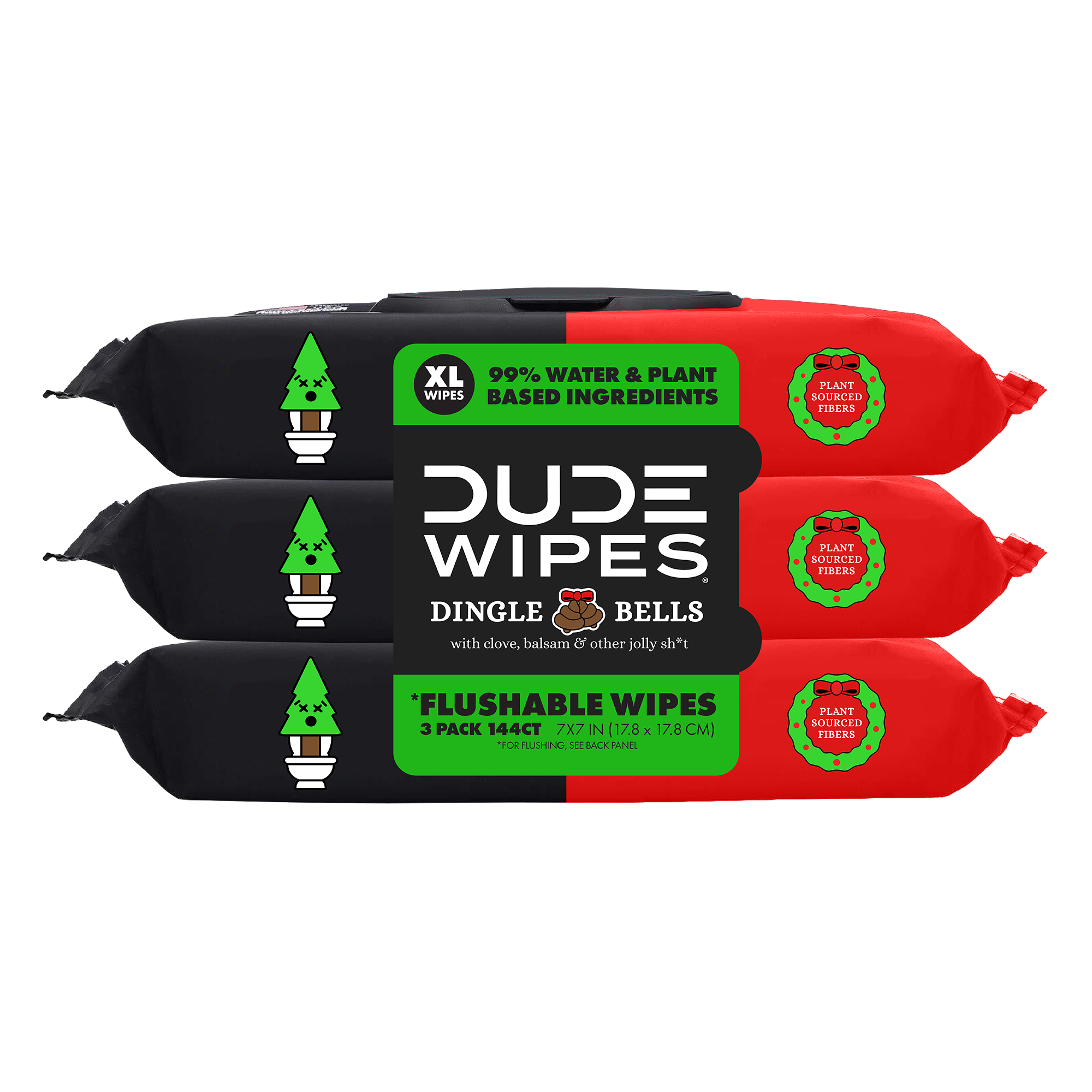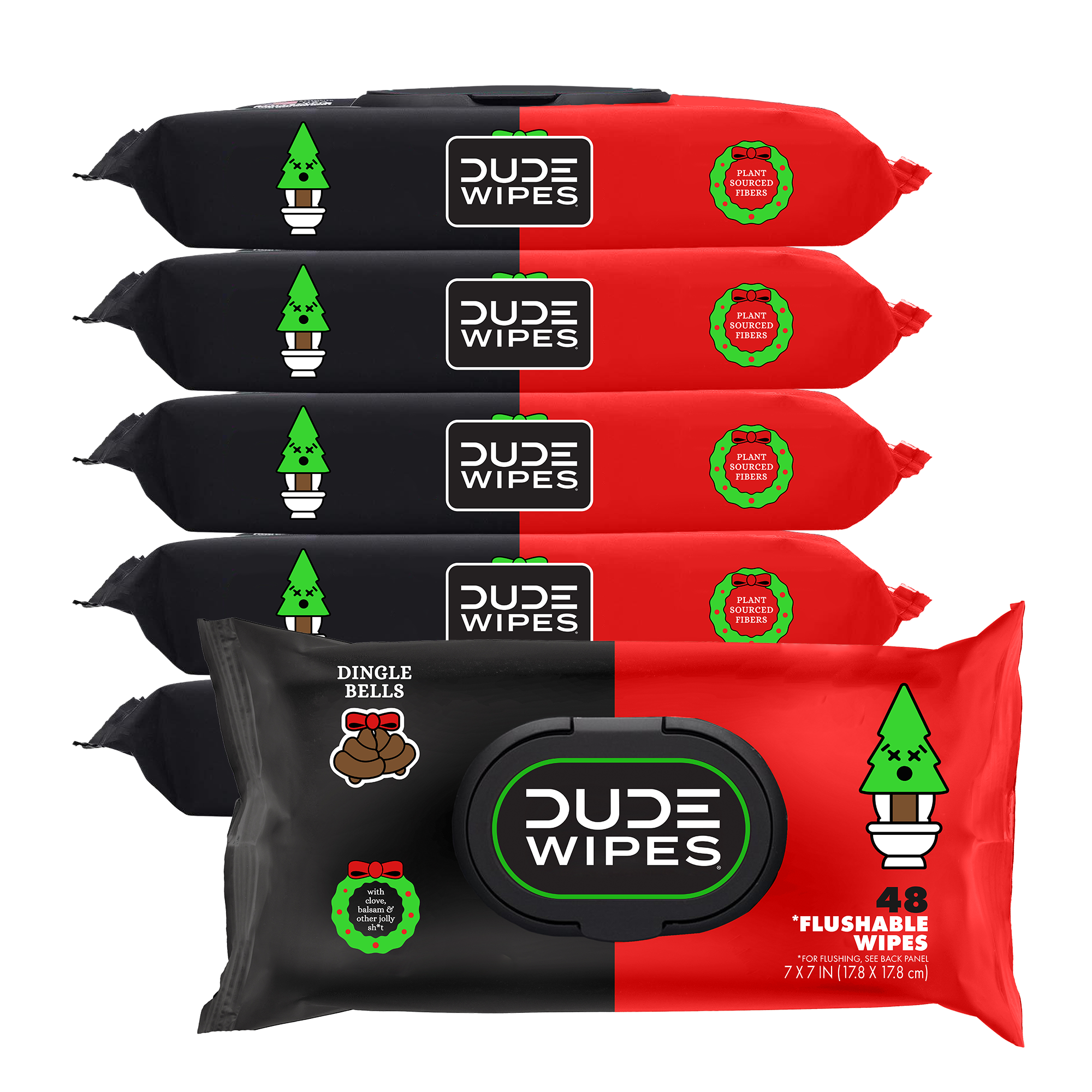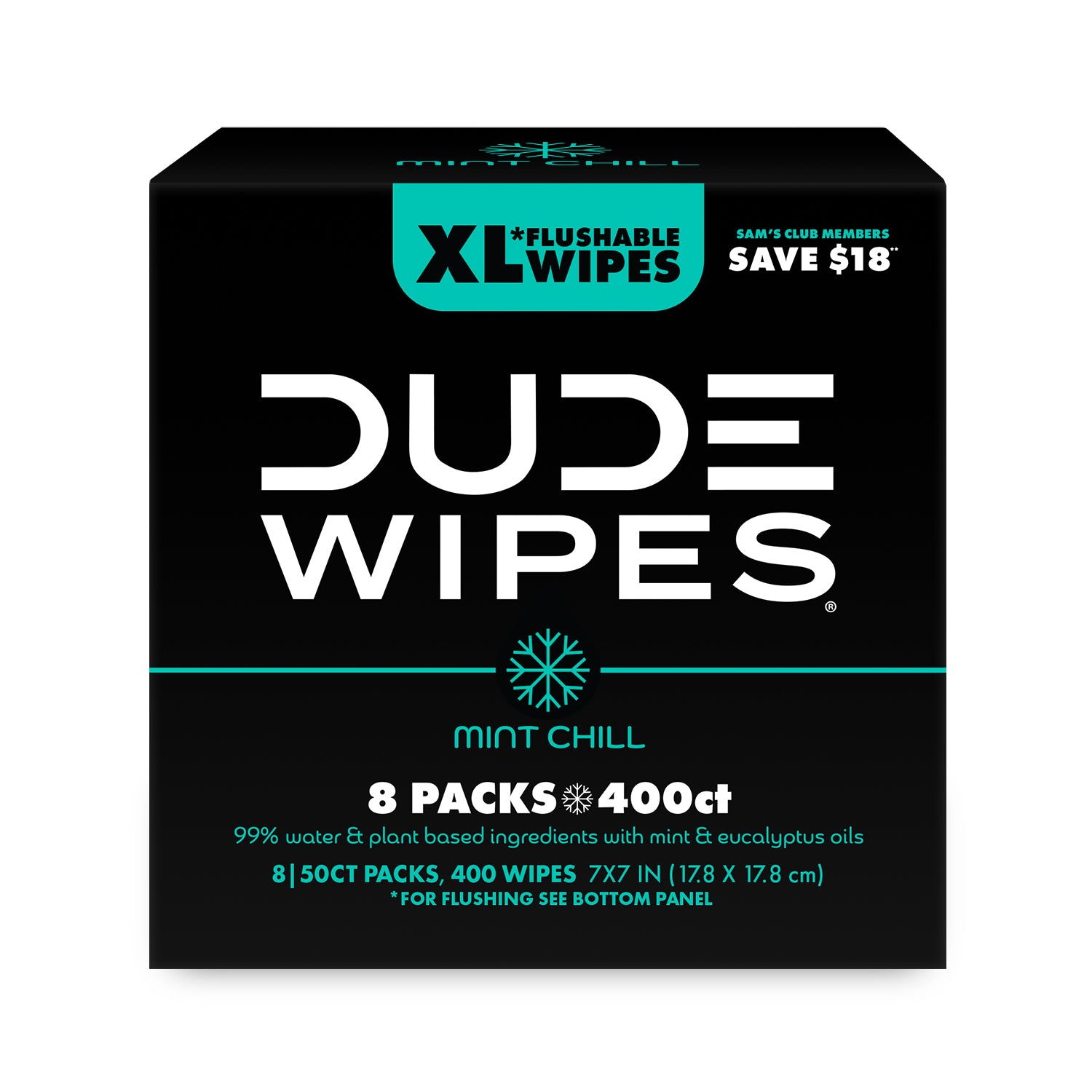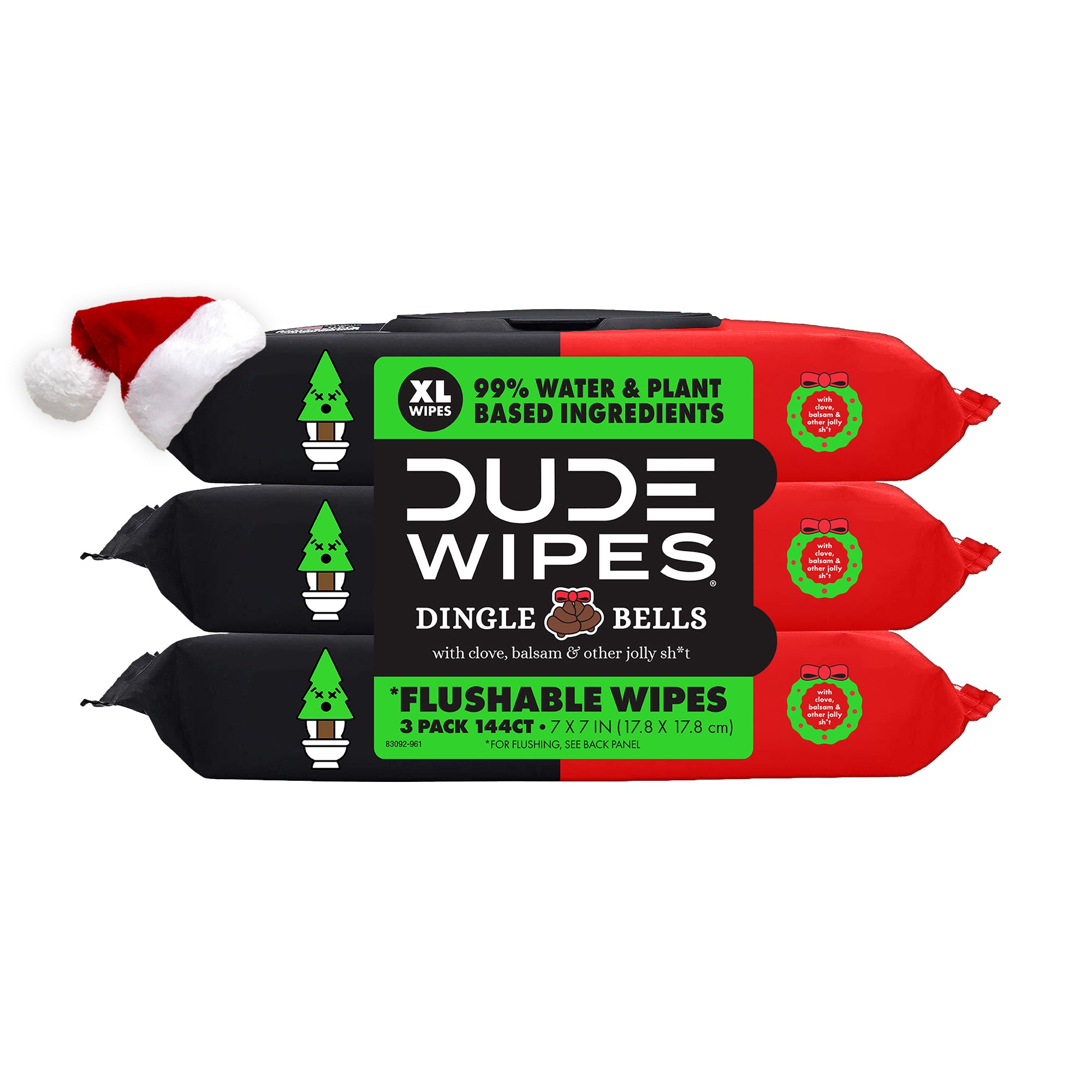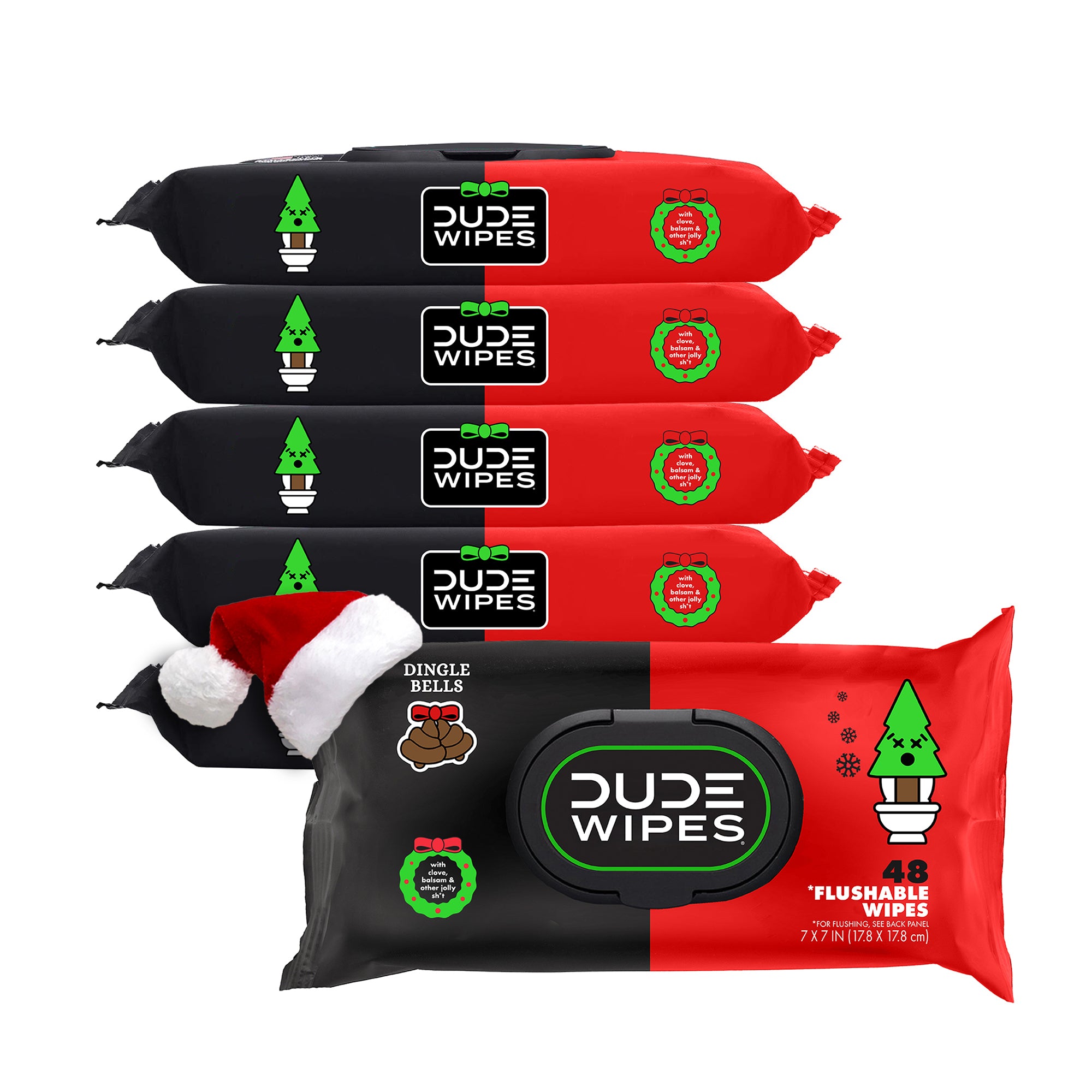It seems like everybody’s trying to watch their diet these days, but we know a specific group of people who need to pay even closer attention at meal time: folks living with Crohn’s disease.
Crohn’s disease is one type of inflammatory bowel disease (along with ulcerative colitis) that irritates the small intestine. This can cause tummy troubles like diarrhea, abdominal pain, bloating, cramping, and the urge to “go” right after eating.
We teamed up with the Crohn’s & Colitis Foundation to raise awareness and lower the stigma about these gastrointestinal conditions. Today’s topic: What makes for a good Crohn’s disease diet?
Spoiler alert: there isn’t a special diet that “cures” Crohn’s disease. However, watching what you eat can go a long way to manage your symptoms and improve your quality of life.
This article covers a bunch of Crohn’s disease diet tips, including gut-friendly foods, stuff to avoid, and whether fiber is your friend or foe.
Why Your Diet Matters If You Have Crohn’s Disease
Since Crohn’s disease causes inflammation in your digestive tract, it’s important to eat foods that calm your stomach (and steer clear of stuff that causes symptoms to flare up).
“Nutrition affects not just your IBD symptoms, but also your overall health and well-being,” explains the Crohn’s & Colitis Foundation. “Without proper nutrients, the symptoms of Crohn’s disease or ulcerative colitis can cause serious complications, including nutrient deficiencies, weight loss, and malnutrition.”
There isn’t a one-size-fits-all Crohn’s disease diet. However, if you stick to some general guidelines, you may be able to minimize the symptoms.
When in doubt, you can always talk to a doctor or registered dietitian about individualized diet recommendations, especially if you have other conditions like lactose intolerance or a stricture.
Foods to Keep Crohn’s Disease Under Control
When it’s meal time, go for foods that are easily digestible and anti-inflammatory. It’s hard to know what those are sometimes, so we outlined several foods that can keep your Crohn’s symptoms under control while still delivering the nutrients your body needs.
Low-Fiber Fruits
- Bananas
- Watermelon
- Cantaloupe
- Honeydew melon
- Peaches
Lean Protein
- White-fleshed fish
- Eggs
- Chicken
- Turkey
- Skinless chicken or turkey
- Lean cuts of red meat
- Firm tofu
Skinless, Seedless, Non-Cruciferous Vegetables
- Cucumbers
- Zucchini
- Potatoes
- Squash
- Carrots
Refined Grains
- Oats
- White rice
- White pasta
- Sourdough, potato, or gluten-free bread
Vitamin and Mineral Supplements
- Calcium
- Vitamin A
- Vitamin D
- Vitamin B12
- Iron
- Zinc
Foods to Avoid If You Have Crohn’s Disease
Managing Crohn’s disease isn’t just about eating the right foods—it’s about avoiding the wrong ones. These are usually foods that are either inflammatory, difficult to digest, or both.
Lots of people with IBD have “trigger foods,” which can trigger a Crohn’s disease flare-up. Everybody has different trigger foods, but the Crohn’s & Colitis Foundation points out several foods that can be particularly problematic for your gut.
Dairy Products
- Milk
- Yogurt
- Cheese
Whole Grains
- Whole wheat bread and pasta
- Rye
- Barley
Cruciferous Vegetables
- Broccoli
- Cauliflower
- Cabbage
- Brussels sprouts
High Fiber Fruits
- Apples
- Oranges
- Pears
- Cherries
- Prunes
Alcohol and Caffeine
- Beer
- Wine
- Liquor
- Soda
- Coffee
Spicy Foods
- Hot chilies
- Hot sauce
- Salsa
- Hot spices like cayenne and habanero
Is Fiber Your Friend or Foe in a Crohn’s Disease Diet?
If you’re planning your meals, you might wonder whether to buy high-fiber foods or try a low-fiber diet to manage your Crohn’s disease symptoms. This can be confusing, but the issue isn’t fiber itself but the type of fiber you’re eating.
In many cases, soluble fiber is the ideal type of fiber for Crohn’s disease. This soaks up fluid in your digestive tract and can prevent diarrhea. Good sources of soluble fiber include avocados, oats, berries, and carrots.
On the other hand, insoluble fiber increases the amount of water in your gut. This makes you digest food faster, potentially causing diarrhea, cramps, or gas. Insoluble fiber is found in foods like whole-wheat flour, legumes, lentils, brown rice, and leafy vegetables.
Another Thing to Ditch on a Crohn’s Disease Diet: Toilet Paper
We like bathroom jokes as much as the next DUDE, but there’s nothing funny about the damage TP does to your butt—especially if you’re wiping a lot because of Crohn’s disease poops.
In an article for Metro, Hattie Gladwell explained that her IBD causes her to use the toilet up to ten times daily. Wiping that much with TP can lead to a host of conditions ranging from an itchy butthole to polished anus syndrome and potentially hemorrhoids. It’s no wonder the IBD community is embracing flushable wipes.
We started DUDE Wipes back in 2016 to help the world ditch toilet paper, but we quickly learned that people with IBD were especially fond of our wipes. Whether you deal with IBD or you just get overzealous on cleanup duty, we have plenty of wipes to go around.




